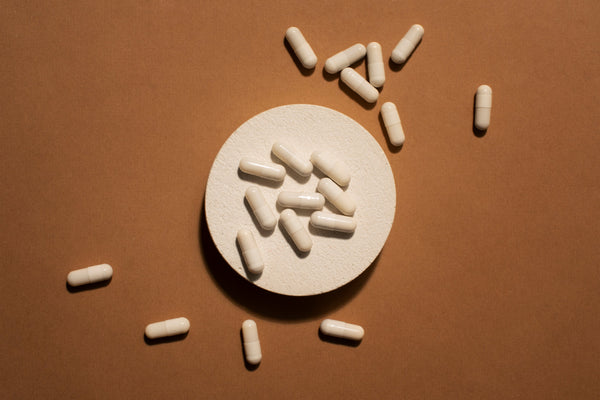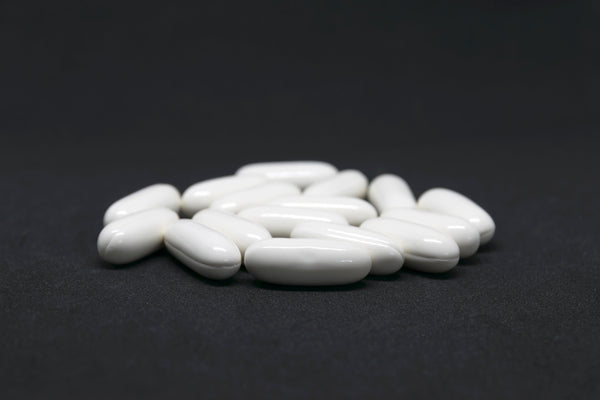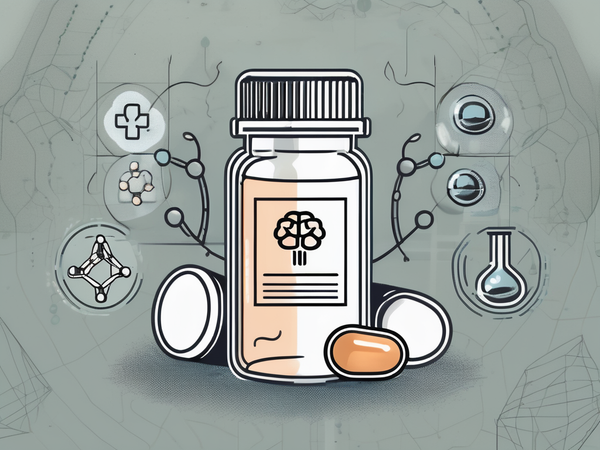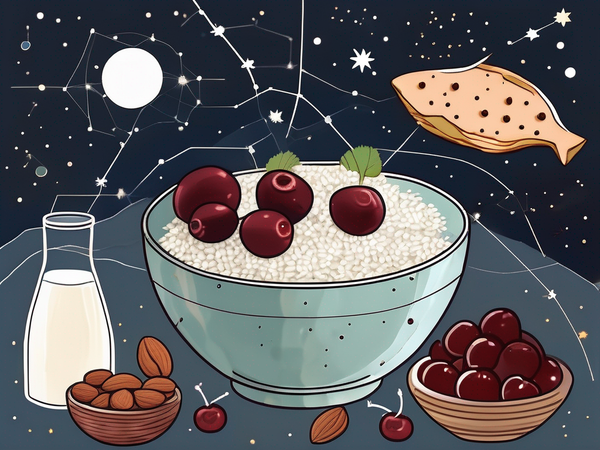In our fast-paced lives, stress can be a constant companion, making everything feel overwhelming. With never-ending tasks and the struggle to find balance, our mental well-being often takes a hit. But what if I told you that relief might be found in something as simple and soothing as a cup of green tea for wellness? Let's delve into the world of green tea and its potential to be your calming companion in the chaos of daily life.
Stress is bad for your body as well.
Stress is like an unwelcome guest that can wreak havoc on our bodies. When stress hits, our bodies release cortisol, a hormone that plays a crucial role in our stress response. High cortisol levels put our bodies on high alert, sending us into a "fight or flight" mode that was once essential for survival in the wild. In this mode, our heart rate and blood pressure increase, our muscles tense up, and we become hyper-focused. Some of the activities that are deemed unnecessary for survival at that crucial moment are ceased, for example, digestion.
While this response was crucial in the face of immediate danger, chronic stress can keep our bodies in this heightened state for extended periods, leading to a cascade of negative effects. Prolonged stress can contribute to a range of health issues, including high blood pressure, weakened immune function, digestive problems, weight gain, and even an increased risk of chronic diseases like heart disease and diabetes.
It's a stark reminder that managing stress isn't just about feeling better mentally; it's also about safeguarding our physical well-being.
Green tea: Golden Liquid for Better Health
Green tea is a popular and healthful beverage derived from the leaves of the Camellia sinensis plant. The many benefits of green tea are mostly because of its rich antioxidant content, particularly catechins, which are potent compounds known for their health benefits. These antioxidants help combat free radicals in the body, reduce oxidative stress, and lower the risk of chronic diseases. Green tea is also a source of various vitamins, minerals, and flavonoids. Regular consumption of green tea has been associated with improved heart health, enhanced metabolism, and weight management. Additionally, its modest caffeine content provides a mild energy boost without the jittery side effects of coffee.
What do research studies say about green tea and mental health?
- Individuals who consume low-caffeine green tea are shown to have better sleep quality.
- Regularly drinking green tea with a CE/TA ( Caffeine and Epigallocatechin gallate / Theanine and Arginine) ratio of 4-5 can have a positive impact on alleviating depressive symptoms.
- Green tea can also help improve your cognition.
Stress-relieving effect of L-theanine
L-theanine, found abundantly in green tea, is a remarkable natural compound known for its calming and stress-reducing properties. This amino acid promotes relaxation without causing drowsiness, making it a key player in green tea's reputation as a tea for wellness and tranquility.
L-theanine has also been shown to support brain health. There is a barrier between the brain’s blood vessels and other cells of the brain. It is a selectively permeable membrane, which means it allows only selective elements to pass through it. L-theanine has the special ability to pass through the blood-brain barrier, and its effects can be seen within 30 minutes to 5 hours after you consume it. This unique quality underscores its effectiveness in modulating mental well-being and neurotransmitter function. Additionally, L-theanine acts as a protective shield for neurons, safeguarding them against neurotoxic agents and thereby promoting optimal brain health.
Beyond its mood-enhancing effects, L-theanine can also improve cognitive function and mental clarity. So, when you sip a cup of green tea, you're not just enjoying its delightful flavor; you're also benefiting from the tranquility brought about by this fascinating component.
What about caffeine in green tea?
There aren’t any serious green tea side effects, but the caffeine in green tea is causing a lot of confusion. Yes, green tea contains caffeine, but it also contains L-theanine, which has calming and stress-reducing effects. While caffeine alone can indeed lead to increased anxiety and stress in some individuals by stimulating the nervous system, the presence of L-theanine in green tea counterbalances these effects. Besides, regular green tea has only 11.3–24.67 mg of caffeine per gram. It is very low compared to other beverages like matcha and coffee.
What other teas can help ease anxiety?
Having tea for wellness isn’t just limited to green tea. Besides green tea, there are other adaptogenic teas that impart a similar soothing, calming, and stress-relieving effect on your mind and body.
-
Chamomile Tea:
Chamomile is a well-known herbal remedy for relaxation. It contains antioxidants that can help reduce inflammation and promote sleep, making it an excellent choice for managing stress and anxiety.
-
Lavender Tea:
Lavender is known for its soothing aroma, but it can also be brewed into tea. Lavender tea is believed to have calming effects and can help reduce anxiety and promote better sleep.
-
Valerian Root Tea:
Valerian root has been used as a natural remedy for anxiety and insomnia for centuries. It can be brewed into a tea that may help promote relaxation and sleep and reduce psychological and physiological stress.
-
Ashwagandha Tea:
Ashwagandha is an adaptogenic herb known for its stress-reducing properties. It can be consumed as tea or taken in powdered form.
Wrapping Up
Coping with stress isn’t easy, and we totally get it. Green tea may not be able to completely rid you of your stress or magically make you super efficient at managing your stress, but it can certainly help you feel a bit better. The soothing effect that it imparts and the boost of energy from a modest amount of caffeine are just the right combo to beat those everyday blues. Having green tea twice a day should be enough to get you started. So go grab the best green tea you can and a cup of warm water, and enjoy the most soothing sip you’ve ever had.
Reference:
https://www.health.harvard.edu/staying-healthy/understanding-the-stress-response






























